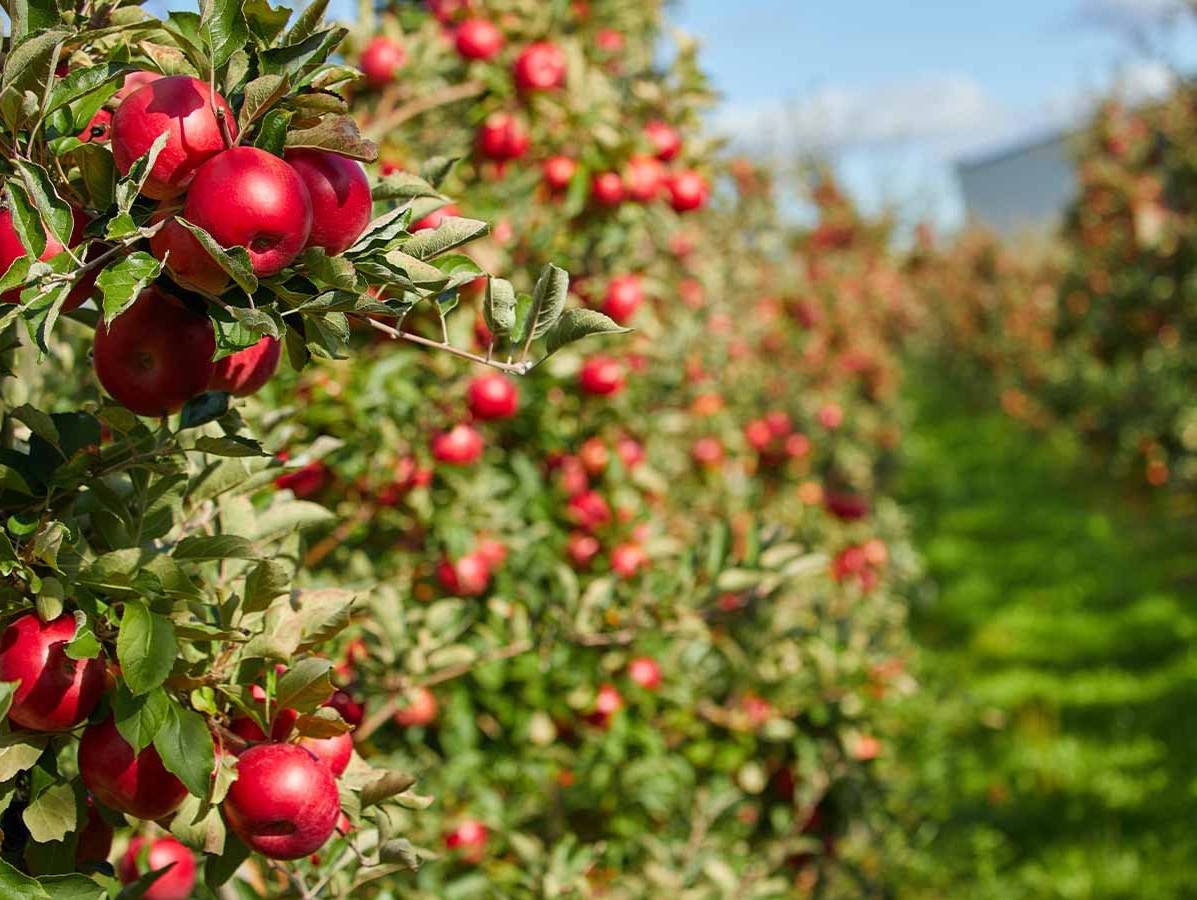
Our Projects are
Transforming African Trade
Quick Contacts
2nd Floor, Fidelity Insurance Centre Waiyaki Way, Westlands

A consortium led by the Rotterdam School of Management and Docklab has recently been awarded a grant of nearly half a million euros. This grant will be used for a project focusing on the digitalization of AGF (Potatoes, Vegetables, and Fruit) chains between Kenya, the Netherlands, and the United Kingdom.
The project stands out for its end-to-end approach, meaning it integrates the entire chain, from production to consumption. It involves key players such as the Trademark Africa platform, developed by IOTA, and the British Institute for Export and International Trade. Dutch companies like CargoLedger and Annona, an impact fund active in West Africa, also play a crucial role in this consortium.
The emphasis is on improving product quality and adhering to ESG standards (Environmental, Social, and Governance) within these chains. With the recent shift towards digitalization, this project offers a unique opportunity to accelerate this process. Key parts of the project include the digital transfer of ownership and the use of advanced digital solutions like the supply chain twin technology. These initiatives build on previous projects such as GEDAC and Spark! LivingLab.
Wageningen University and Windesheim University of Applied Sciences will contribute their expertise in digitalization in AGF chains and modeling complex chains. The Port of Rotterdam and GroentenFruit Huis also support this project, focusing respectively on global Green & Digital corridors and promoting digital innovation within the AGF sector.
The project promises not only a transformation in AGF chains but also sets an example for similar initiatives in the food industry. By focusing on digitalization and innovation, the Netherlands is taking another step forward in making the food supply chain more sustainable and optimized.
Read original article
Disclaimer: The views and opinions expressed in this article are those of the authors and do not necessarily reflect the official policy or position of TradeMark Africa.